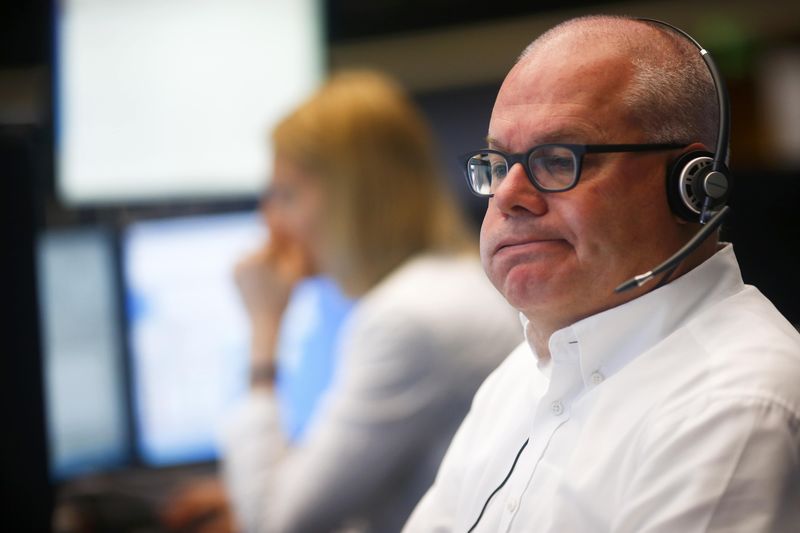Vladimir Putin has suggested Russia should consider restricting exports of uranium, titanium, and nickel in response to Western sanctions.
The Russian President’s comments, made during a televised meeting with government ministers on Wednesday, led to an immediate rise in nickel prices and boosted shares in uranium mining companies.
Putin noted that these potential restrictions could extend to other commodities, pointing out Russia’s dominance in global reserves of natural gas, diamonds, and gold. However, he emphasised that any measures taken must not harm Russia's economy.
“Russia is the leader in reserves of a number of strategic raw materials: for natural gas, this is almost 22% of world reserves, for gold - almost 23%, for diamonds - almost 55%,” Putin said.
He urged ministers to consider restrictions but stressed caution. "We just mustn't do anything to harm ourselves," he added, while addressing Prime Minister Mikhail Mishustin.
Western countries have significantly reduced their imports of Russian oil and gas since the Ukraine conflict began, but Russia remains a key global supplier of metals. Any reduction or suspension of its exports could have widespread repercussions, say market analysts.
Nickel jumps in response
Following Putin's remarks, three-month nickel on the London Metal Exchange (LME) jumped 2.6%, reaching US$16,145 per metric ton.
Data from the LME also indicates that over 20% of nickel in LME-registered warehouses is of Russian origin, with the metal being crucial in applications such as batteries, armour plating, and turbine blades. Russia's Nornickel is the world's largest refined nickel producer and a major supplier to China and Europe. The company has not yet responded to requests for comment.
A crucial share of global uranium enrichment capacity
Russia is also a major producer of uranium — the world’s sixth-largest — and holds a crucial 44% share of global uranium enrichment capacity. In 2023, the United States and China led Russian uranium imports, followed by South Korea, France, Kazakhstan, and Germany.
However, US President Joe Biden's decision to sign into law a ban on enriched uranium imports from Russia in May 2023 has reshaped this dynamic. The trade, valued at around US$1 billion annually, includes waivers allowing the US Department of Energy to maintain normal levels of imports through 2027 in case of supply concerns.
Russia accounted for 27% of the enriched uranium supplied to US nuclear reactors last year. Replacing this supply will be challenging in the short term, especially over the next two to three years.
A major producer of titanium sponge
Russia also ranks as the world’s third-largest producer of titanium sponge — a material transformed into metal for industrial use across sectors such as aerospace and automotive.
Russia's largest titanium sponge producer, VSMPO-Avisma, previously supplied both Boeing (NYSE:BA) and Airbus before the Ukraine conflict. Despite this, Russia's titanium mineral reserves remain relatively low, raising concerns about its future production capacity in the face of growing geopolitical pressures.
